Rosa Luxemburg: Red Rose of the Revolution
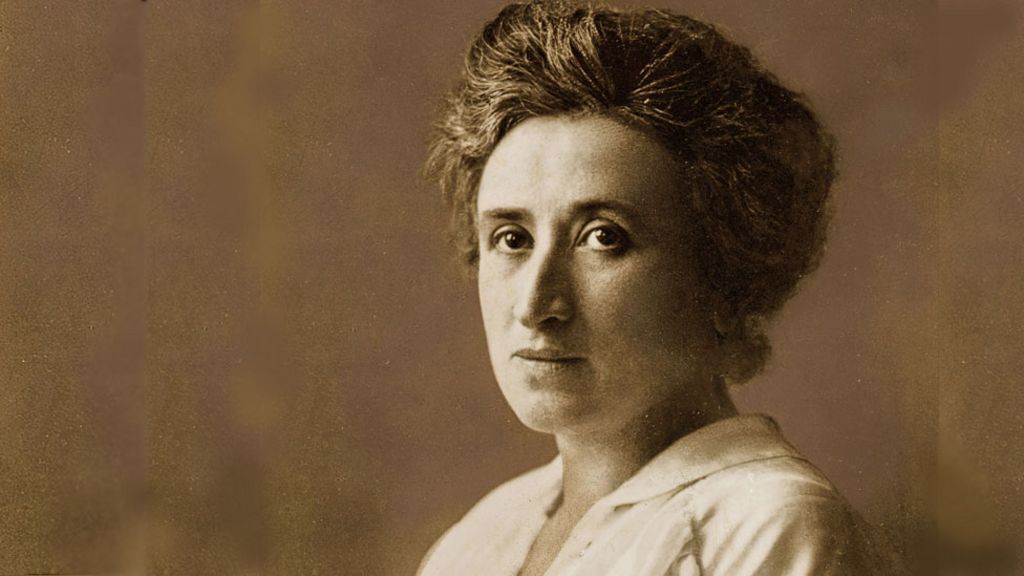
Rosa Luxemburg (March 5, 1871 – January 15, 1919) was a Polish and naturalized-German revolutionary socialist, philosopher, economist, and anti-war activist. She was a vocal critic of both capitalism and imperialism, and a strong advocate for democracy and social justice.
Luxemburg was born in Zamość, Russian Poland, to a Jewish family. She studied philosophy, economics, and law in Zurich and Warsaw, and became involved in the socialist movement in her early twenties. In 1893, she moved to Germany, where she joined the Social Democratic Party (SPD).
Luxemburg was a prolific writer and speaker, and she quickly became one of the leading figures in the SPD's left wing. She was a strong critic of the party's leadership, which she believed was too willing to compromise with the German government. In 1914, she was one of the few SPD members to oppose the party's support for the First World War.
Luxemburg was arrested for her anti-war activities in 1915 and sentenced to two years in prison. While in prison, she wrote her famous pamphlet, The Junius Pamphlet, in which she criticized the SPD's leadership for its support of the war.
After her release from prison in 1918, Luxemburg helped to found the Spartacus League, a revolutionary socialist group that opposed the German government. She was a leading figure in the Spartacist uprising of 1919, which was ultimately crushed by the government.
Luxemburg and her close friend Karl Liebknecht were arrested by the Freikorps, a right-wing paramilitary group, and brutally murdered on January 15, 1919.
Luxemburg's legacy is still debated today. Some see her as a martyr for the cause of socialism, while others view her as a dogmatic and sectarian figure. However, there is no doubt that she was one of the most important and influential figures in the history of the socialist movement.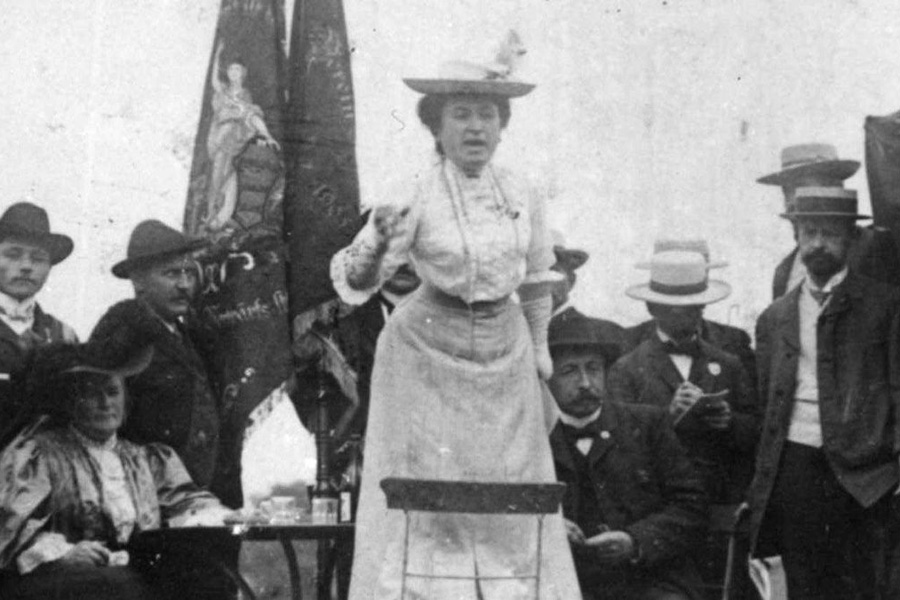

Here are some of her most famous quotes:
- "The only way to deal with an unfree world is to become so absolutely free that your very existence is an act of rebellion."
- "Freedom is always and exclusively freedom for the one who thinks differently."
- "So long as the working class does not possess the power to decide for itself what it wants and needs, all social reforms will remain mere palliatives."
- "The revolution is not an act performed once and for all, but a continuous process."
- "Those who do not move, do not notice their chains."
Luxemburg's work has had a profound impact on socialist thought and practice. Her writings have been translated into many languages and continue to be read and studied by activists and scholars around the world. She is remembered as a passionate advocate for social justice and a tireless fighter for the rights of the working class.
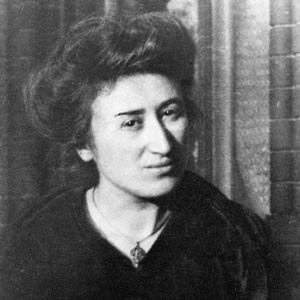
https://ejsade.com/rebelphilosophy/
Rosa Luxemburg: Political Activism and Ideology
Rosa Luxemburg was a Polish and naturalized-German revolutionary socialist, philosopher, economist, and anti-war activist. She was a vocal critic of both capitalism and imperialism, and a strong advocate for democracy and social justice.
Luxemburg's political activism began in her early twenties, when she joined the socialist movement in Poland. In 1893, she moved to Germany, where she joined the Social Democratic Party (SPD). She quickly became one of the leading figures in the party's left wing, and was a strong critic of the party's leadership, which she believed was too willing to compromise with the German government.
Luxemburg was a prolific writer and speaker, and her work had a profound impact on socialist thought and practice. She was a strong advocate for mass strikes and other forms of direct action, and she believed that the working class could only achieve liberation through revolution.
Luxemburg was also a strong critic of imperialism, and she argued that capitalism was inherently imperialist. She believed that the only way to end imperialism was to overthrow capitalism itself.
Luxemburg's political activism led to her imprisonment on several occasions. In 1915, she was arrested for her anti-war activities and sentenced to two years in prison. While in prison, she wrote her famous pamphlet, The Junius Pamphlet, in which she criticized the SPD's leadership for its support of the war.
After her release from prison in 1918, Luxemburg helped to found the Spartacus League, a revolutionary socialist group that opposed the German government. She was a leading figure in the Spartacist uprising of 1919, which was ultimately crushed by the government.
Luxemburg and her close friend Karl Liebknecht were arrested by the Freikorps, a right-wing paramilitary group, and brutally murdered on January 15, 1919.
Luxemburg's legacy is still debated today. Some see her as a martyr for the cause of socialism, while others view her as a dogmatic and sectarian figure. However, there is no doubt that she was one of the most important and influential figures in the history of the socialist movement.
Here are some of the key aspects of Luxemburg's political ideology:
- She was a revolutionary socialist who believed that the working class could only achieve liberation through revolution.
- She was a strong critic of capitalism and imperialism.
- She was a passionate advocate for democracy and social justice.
- She was a strong believer in mass strikes and other forms of direct action.
- She was an internationalist who believed that the working class of all countries should unite in their struggle for liberation.
Luxemburg's work continues to be read and studied by activists and scholars around the world. She is remembered as a passionate advocate for social justice and a tireless fighter for the rights of the working class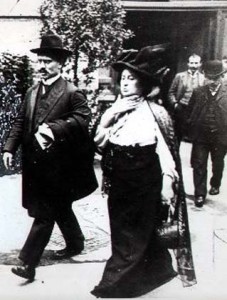
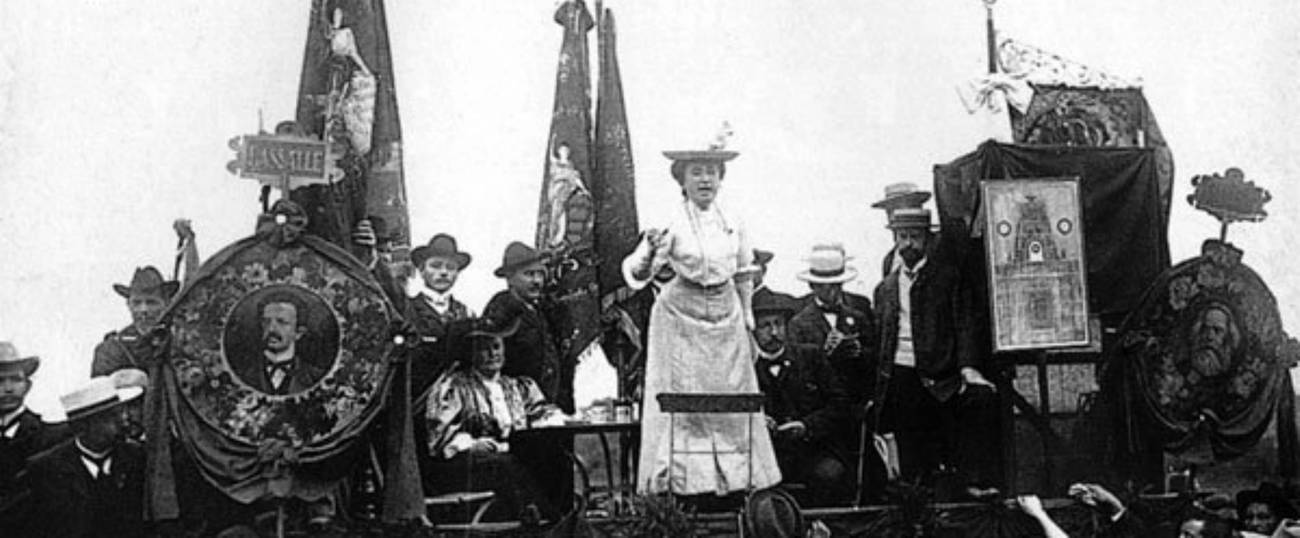
https://tr.wikipedia.org/wiki/Rosa_Luxemburg
https://www.britannica.com/biography/Rosa-Luxemburg
https://www.thecollector.com/life-of-rosa-luxemburg-revolutionary-woman/
https://www.studysmarter.co.uk/explanations/politics/political-ideology/rosa-luxemburg/







































